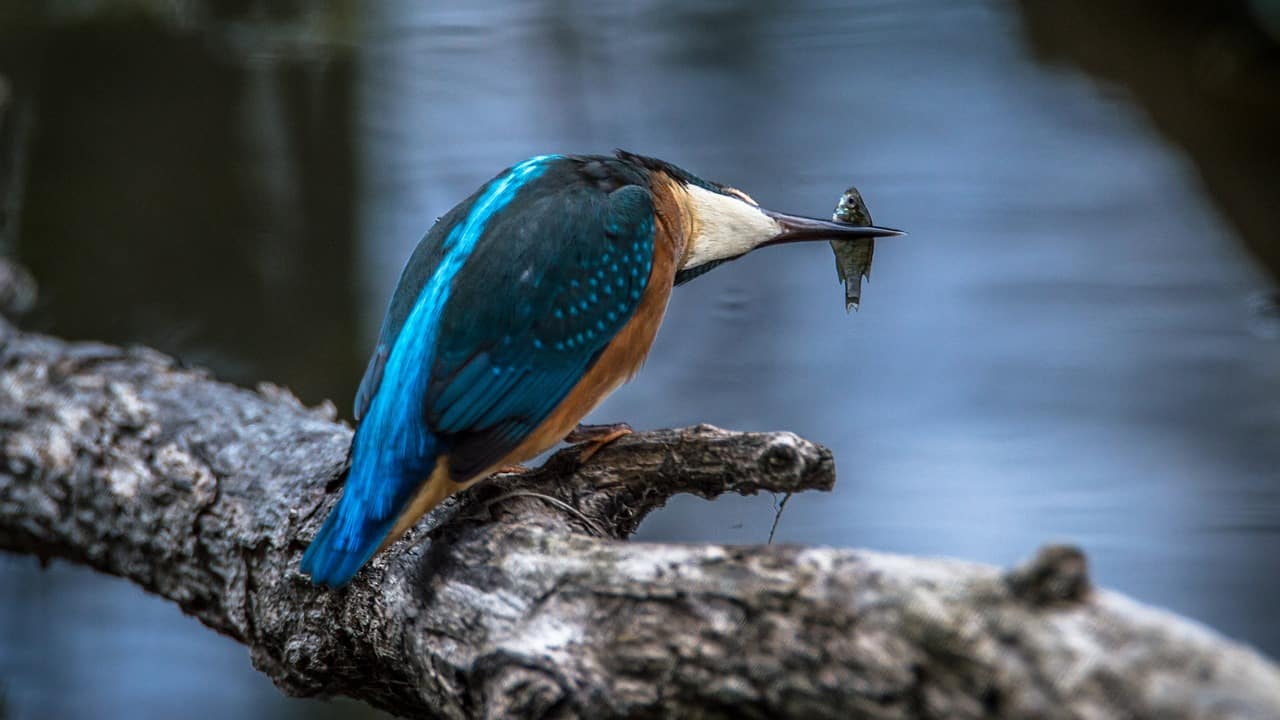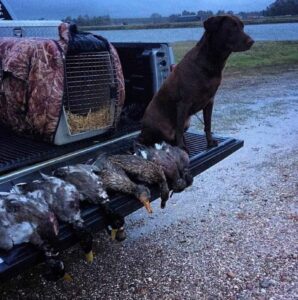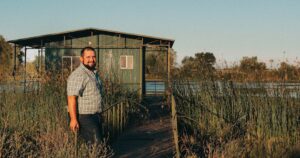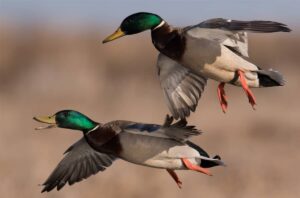Hunters and Conservation
Hunters and conservation may not be two words used together for many people, but in fact they should be used together. First a good definition of conservation is needed to begin this conversation. Conservation is defined as “the act of preserving, guarding and protecting.” When talking about hunting a single animal then hunting does not fit this definition, but one must look at the broader picture. When conservation refers to protecting and preserving biodiversity, the environment and natural resources; this is when hunting has value in conservation.
Hunters support wildlife conservation in several ways. One example is through the Duck Stamp, this is required for waterfowl hunting. By purchasing the Duck Stamp, hunters are helping restore and protect habitat for waterfowl and other species. For every dollar spent on the Duck Stamp, 98 cents goes directly towards the purchase of habitat or acquiring conservation easements. To put the impact of the Duck Stamp into perspective, since 1934 almost 6 million acres of habitat have been conserved. That is 6 million acres that have not been developed and it does not just benefit the waterfowl species. Since it is left in a natural state it supports an entire ecosystem of animals.
The Federal Aid in Wildlife Restoration Act sends revenue from taxes on firearms, ammunition’s and other related equipment to state agencies which is used for outdoor recreation areas, hunter education and conservation projects. Through this tax more than $14 billion has been contributed to conservation since 1937. Thanks to these annual payments the recovery of deer, turkeys and other species has been made possible.
The Department of Fish and Wildlife is funded approximately 55% by hunters. The main activities that hunting dollars support are:
1. Research on Wildlife
2. Buying Land for the Refuge System
3. Wildlife Management Programs
4. Purchasing Lands Open to Hunters
5. Hunter Education Programs
As you can see from the above list, hunting contributes to the scientific research of plants and animals. Looking at hunting from this perspective, one can appreciate hunters. Without hunters we would need to fund the Department of Fish and Wildlife from another source of revenue. Without hunters there may be less open space available for both hunters and non hunters alike to enjoy. Without hunters there may be less biodiversity in certain areas because the land would not have been purchased to keep in its natural state. Next time you are enjoying what Mother Nature has to offer, you may want to consider thanking a hunter.




